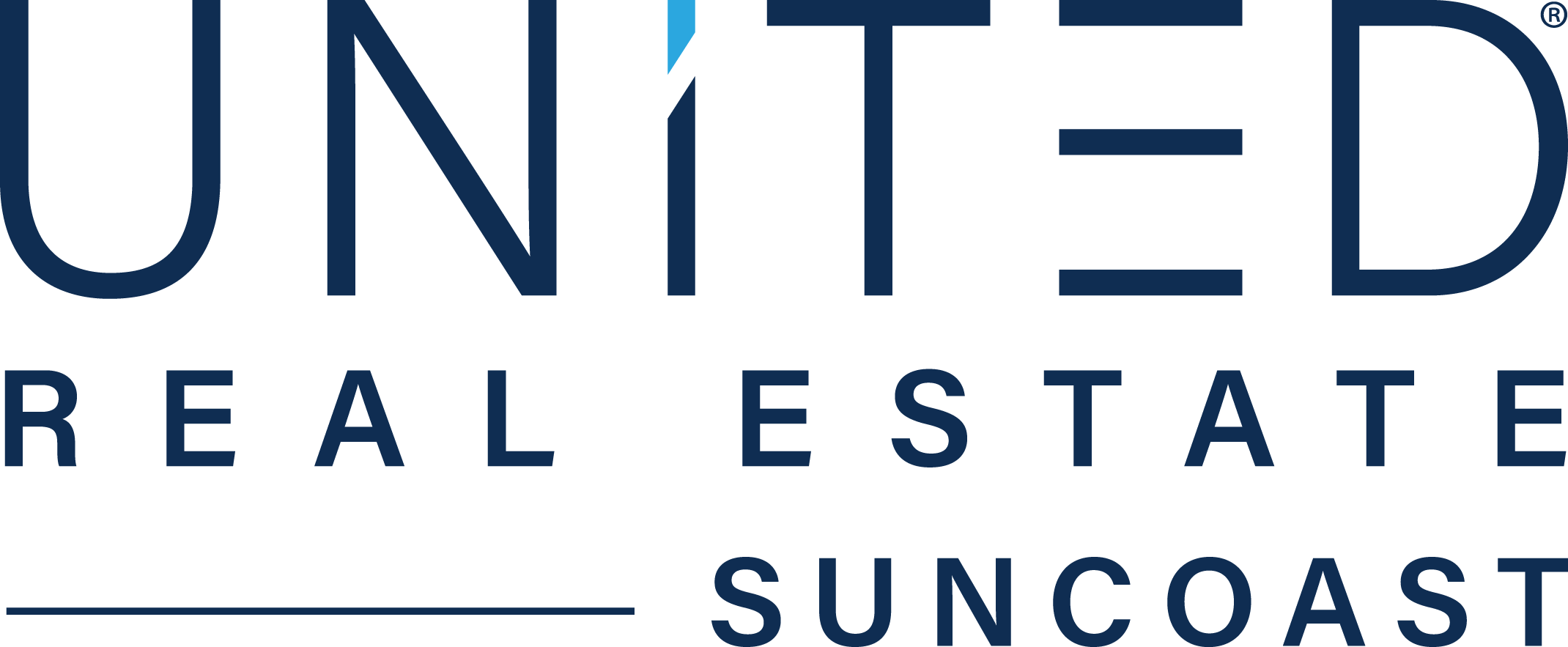News & Media
CHICAGO – For brokers, the right paperwork is essential for compliance with rules and regulations and for guiding agents and staff. Fortunately, you don’t need to reinvent the wheel when putting these materials together. Between the National Association of Realtors®, your state and local real estate boards and your brokerage franchise if you’re a part of one, you should be able to find all the necessary forms and templates needed.
“There are so many resources available, I would not start with a blank canvas,” says Russell McGuire, GRI, broker-owner of Exit Lubbock in Lubbock, Texas. “When you work off a template, it will include things you wouldn’t have thought of.”
When he founded the FI Real Estate Brokerage LLC in Miami in 2022, CEO Filippo Incorvaia consulted NAR for general guidance and Miami Realtors® for more localized materials. He also hired a real estate lawyer to help him put together his documents. Set your brokerage up for success by ensuring you have all the required documents and helpful documents to keep your office in compliance and help your agents succeed.
Build a system
Without an airtight setup, papers can accumulate and lead to chaos rather than order. Consider these suggestions when creating a structure for your paperwork.
Real estate transaction management software is a must: “The key to success is being organized and two steps ahead,” says Incorvaia. To manage all documents, including the most up-to-date state forms, both he and McGuire use dotloop, now part of ShowingTime. “In Texas, we’re required to maintain all records for four years,” says McGuire. “If a client came back in three years and 11 months and said they don’t think they received the proper forms, we would need to find their file and show them. With this system, we can do that. We just type in the address versus going through file cabinets.”
Form a company hub: At Sovereign Realty & Management LLC in Atlanta, CEO and broker Karen Hatcher ensures agents and staff have access to a company intranet through a Google workspace. There, they can access all documents, forms and templates they might need, including training, policies, listing consultation templates and recorded meetings. After orientation, new agents and staffers sign off that they’ve read all the required materials.
Hire a dedicated compliance person: After agents submit their forms via dotloop, McGuire’s compliance officer checks them for completion. If they’re missing information, the officer returns the documents to the agent to correct.
Create and compile your forms
Consider the list below a rough guideline, since the materials you’ll need will vary by state and by brokerage. Plus, your paperwork shouldn’t be set in stone, say Incorvaia and McGuire. Expect to continually refine your documents as the need arises.
Required Forms
Often, you’ll need the following:
Independent contractor agreement: Required by the IRS and helpful for state law purposes, this form defines agents as independent contractors rather than employees and specifies you’ll send them a 1099 form for tax purposes.
W9 form: Agents must complete this federal form for tax purposes. As the broker, it is your responsibility to make sure this form is on file.
Form acknowledging understanding: Whether called a “Statement of Understanding” or a “Corporate Policy Receipt and Acknowledgement,” this document demonstrates that your agents were made aware of key policies and their independent contractor status.
Policy and procedures manual: This office handbook is a road map for agents, spelling out the workings of the brokerage and how they should conduct themselves, McGuire says. The document should include the main office address, office hours, codes of conduct and of ethics, continuing education options and requirements, marketing guidelines and requirements, and more. Since Incorvaia wanted to produce a manual “people would read,” he limited the length to eight pages. For a starting point, use NAR’s tips or check with your brokerage franchise or state or local real estate board for examples, McGuire suggests. Then, review and update this document when needed to ensure you’re continually compliant.
Compensation schedule: This document spells out payment terms for your agents.
ACH and direct deposit forms: These forms help expedite payment to your agents.
Other forms
Proprietary forms are also needed to help foster brokerage culture and best practices for agents. Here are a few you might consider.
Mission and culture: Incorvaia created a two-page guide to express his brokerage’s philosophy and core beliefs, which include professionalism, integrity, collaboration, respect and inclusivity, among other qualities. “It helps make sure the team is aligned on fundamental ethics and morals,” he says.
New agent manual: When agents join, McGuire presents them with a new agent manual in a binder. The manual covers what they need to get started, from office logistics to an eight-week plan for jumpstarting their real estate career. They’ll learn how to upload their photo and bio on relevant websites and get guidance on what video training to take. Plus, they’ll be able to see examples of sample contracts.
Marketing manual: This document should cover everything an agent might need for an online presence, social media, and in-person marketing. This includes branding standards, including logos, fonts, and colors, along with details about relevant state and brokerage requirements. For instance, real estate ads in Texas must comply with a minimum font size, McGuire says. If you don’t have this kind of guide and don’t know where to start, consider hiring a branding company to create a guide and ask them to include templates and premade marketing campaigns for agents to customize. For NAR members who plan to use the REATLOR® logo or terminology, the association provides the Membership Marks Manual as a guide to ensure proper use.
New hire form: Incorvaia created and uses a new-hire form, similar to an application at a traditional job, to collect information on job applicants and prospective agents.
New agent checklist: Incorvaia gives new agents a to-do list to complete when they join. There are forms to fill out and necessary documents to upload as a new agent; the checklist outlines all of them.
Additional resources
NAR offers an abundance of resources for brokers and agents. Whether you’re just starting out, need to update something or provide agents with resources, these are available:
Being a broker: an overview of what is required to get started as a broker, with a list of resources.
Office policy manuals: a guide to creating an office policy manual, with a how-to guide and a sample manual.
Managing your office: a list of resources on topics like managing brokers, best practices for sales meetings and creating office culture.
Managing business records effectively: a video from NAR’s legal team on best practices for managing records.
© 2024 National Association of Realtors® (NAR)


